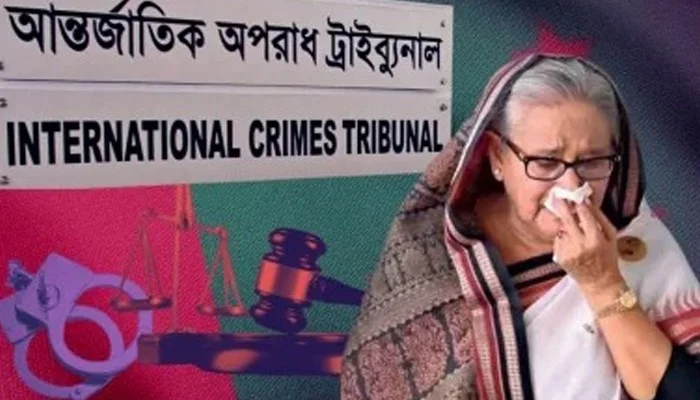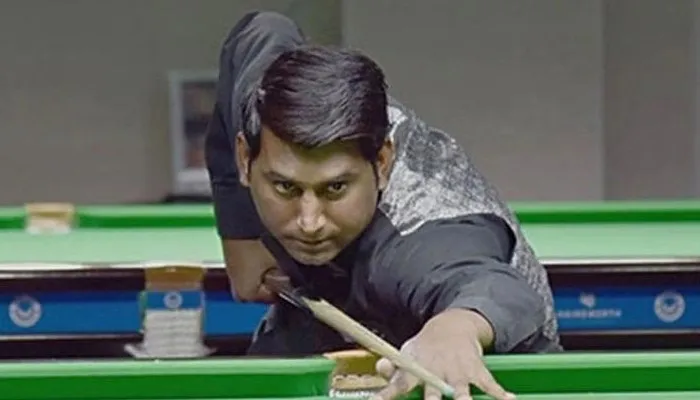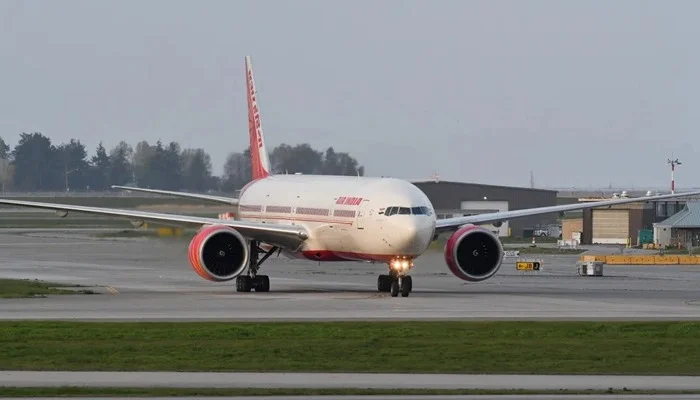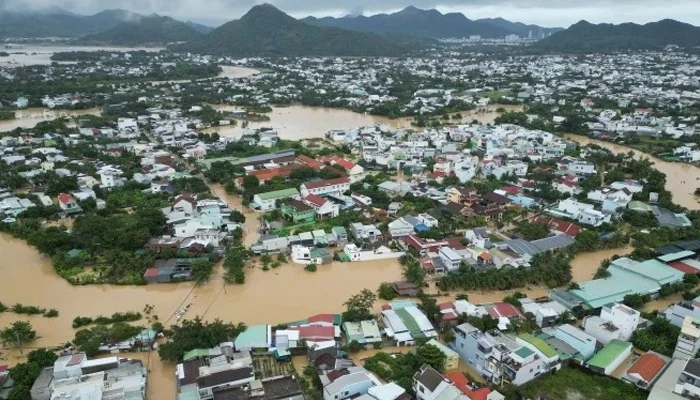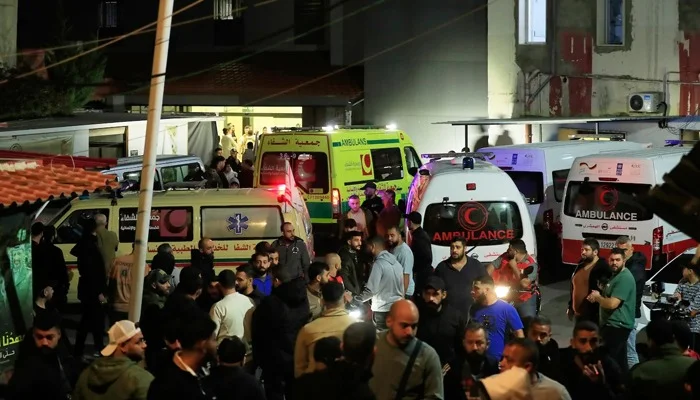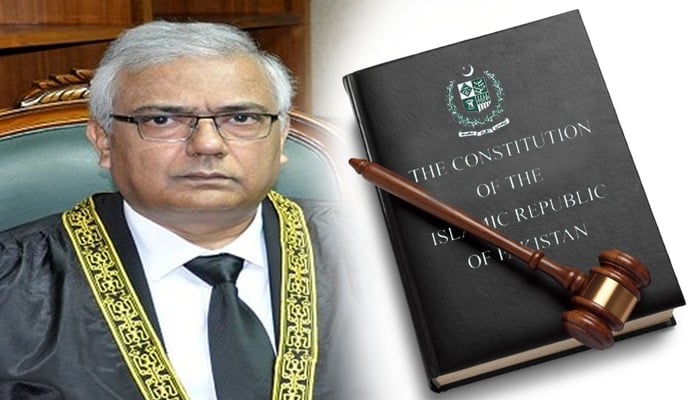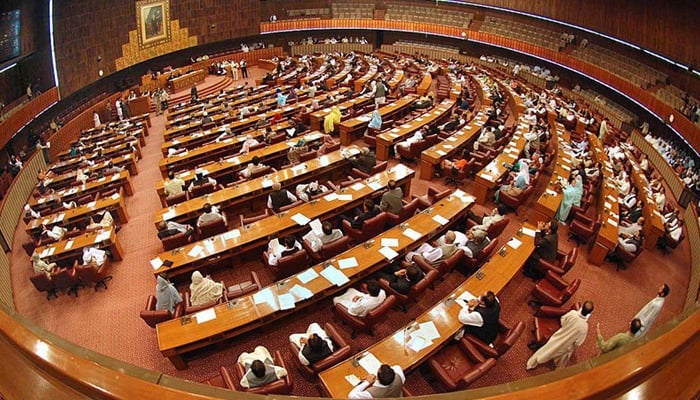Dhaka, Bangladesh: In a historic yet controversial decision, a special court in Dhaka sentenced former Prime Minister Sheikh Hasina and her close aide, former Home Minister Asaduzzaman Khan, to death for crimes against humanity related to the July Uprising of 2024. The verdict, delivered amidst emotional scenes and deep-seated grief, has ignited a firestorm of reactions across the nation.
A Moment of Tears and Hope:
Among the crowd outside the tribunal was a woman who could not hold back her tears. She is one of many whose loved ones perished during the brutal crackdown on protesters. Her 20-year-old son was shot and killed by police during a protest on August 5, 2024 a day etched into the memories of many families.
The uprising, triggered by widespread discontent with Hasina’s 15-year rule, saw over 1,400 protesters killed, according to the United Nations. The violence was fierce; five student protesters were shot and burned, and one was allegedly burned alive inside a police station in Ashulia, a hub of Bangladesh’s garment industry.
Justice for the Victims?
For months, the trial was held in absentia as Hasina and Khan fled to neighboring India. Now, the court’s verdict has brought some semblance of justice for the victims’ families. The court sentenced Hasina and Khan to death, while former police chief Chowdhury Abdullah al-Mamun received a five-year jail term after turning state witness.
However, the question remains: will justice truly be served? Many families, like Mir Mahbubur Rahman Snigdho, whose brother was shot dead, demand that the sentence be enforced swiftly and publicly. “Hasina deserves the maximum penalty many times over,” Rahman said, calling for her return from India to face the law.
Public Reactions and Political Echoes:
The verdict has been met with mixed emotions. Hundreds gathered in Dhaka and other parts of the country, celebrating what they see as a step toward justice and accountability. Several processions took to the streets, with students and political parties, including the opposition BNP and Jamaat-e-Islami, expressing their approval.
“The verdict is a message that no dictator should rise again,” declared a protester in Rangpur, echoing the sentiments of many who see this as a turning point in Bangladesh’s history.
International Concerns and Human Rights:
While many celebrate the ruling, international observers voice caution. The United Nations human rights office highlighted that holding a trial in absentia and handing down a death sentence raises questions about due process and fair trial standards. Amnesty International echoed these concerns, warning that rushed proceedings risk undermining justice and that victims deserve better.
A Nation at a Crossroads:
As families come to terms with the landmark ruling, the path ahead remains uncertain. Will Hasina face justice? Will the verdict be enforced? Or will political and international pressures prevent the full realization of justice for the victims of the July Uprising?
One thing is clear that Bangladesh stands at a crossroads, grappling with its past and seeking a future rooted in accountability and human rights.
Why India likely won’t return Hasina to face Bangladesh death penalty?
India is unlikely to extradite Hasina to Bangladesh to face the death penalty, despite her recent conviction. Hasina, who fled Dhaka amid protests in August 2024 and has been living in exile in New Delhi, remains a contentious figure in Bangladesh.
The ongoing tensions between the two countries over her presence have persisted for more than a year, with Bangladesh repeatedly requesting her extradition. However, geopolitical analysts suggest that India’s strategic interests, humanitarian considerations, and diplomatic relationship with Bangladesh make it improbable that New Delhi would hand over Hasina to face execution.
India’s desire to maintain a stable partnership with a post-Hasina government appears to outweigh the potential fallout from refusing extradition, especially given the sensitive nature of her conviction and the broader regional implications.

